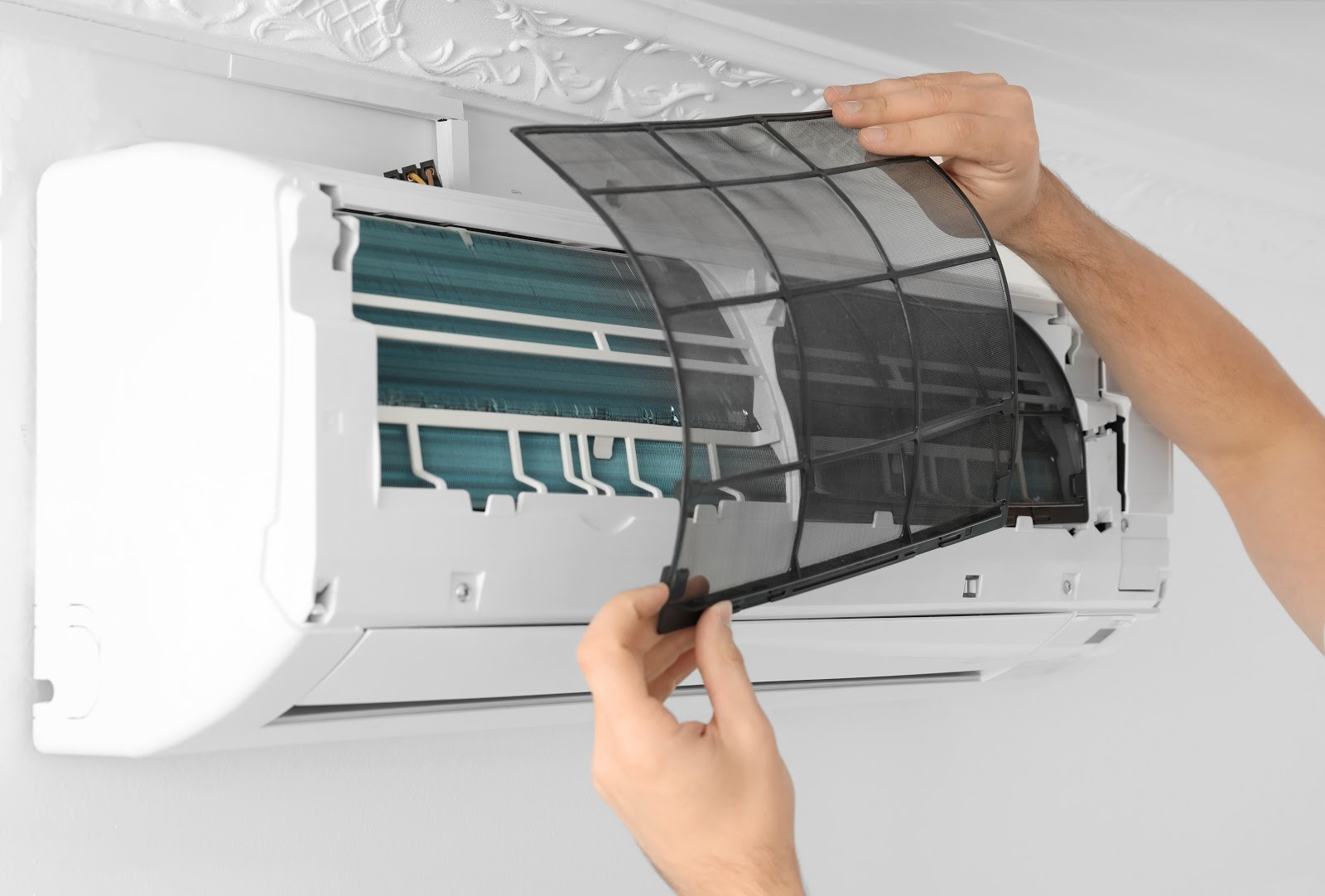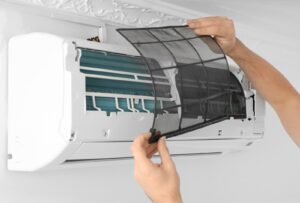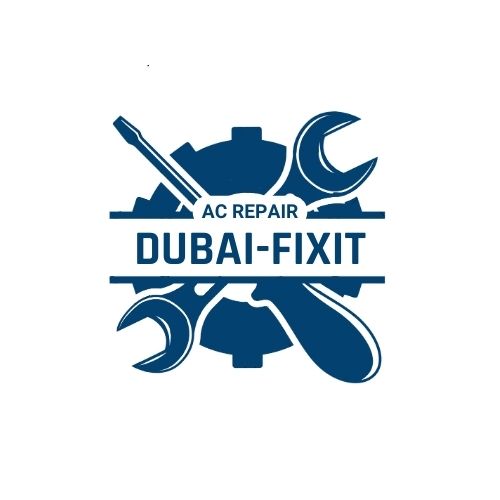

Abdul Haleem
Setting the Scene: A Scorching Summer Day
Introduction
Picture this: The sun beats down relentlessly, turning your home into an oven. Sweat beads on your forehead as you struggle to find relief from the stifling heat. In moments like these, a well-functioning AC system becomes your savior, offering a cool oasis amid a sweltering day.
The Importance of a Well-Functioning AC System
Necessity, not luxury: In certain climates where temperatures are high and humidity levels are significant, having an AC system is not just about comfort; it’s essential for maintaining a livable environment.
Comfort: An AC system helps regulate indoor temperatures, keeping them at a level that’s comfortable for occupants. This is particularly important during hot weather when high temperatures can lead to discomfort and even health issues.
Maintaining indoor air quality: AC systems often include air filters that help remove dust, pollen, and other airborne particles from indoor air. This helps to improve the overall air quality inside your home, reducing the risk of respiratory problems and allergies.
Protecting health: By controlling indoor temperature and humidity levels, an AC system can help prevent the growth of mold and mildew, which thrive in warm, damp environments. Mold and mildew can pose serious health risks, especially for individuals with respiratory conditions like asthma.
Preserving home integrity: High humidity levels can damage furniture, woodwork, and other materials in your home. An AC system helps to control humidity, preventing moisture-related damage and preserving the structural integrity of your home over time.
Understanding AC Maintenance
What is AC Maintenance?
AC maintenance involves a series of tasks aimed at ensuring your cooling system operates efficiently and effectively. From cleaning and lubricating components to checking refrigerant levels and inspecting for potential issues, regular maintenance keeps your AC in peak condition.
Why Regular Maintenance Is Necessary
Just like any other mechanical system, your AC requires regular upkeep to function optimally. Without proper maintenance, it’s prone to wear and tear, which can lead to reduced efficiency, costly repairs, and premature failure.
Signs Your AC Needs Maintenance
Strange Noises: What Could They Mean?
Unusual sounds emanating from your AC unit can indicate underlying issues that require attention. From squealing and grinding to banging or rattling, each noise could point to a specific problem, such as a worn-out belt, loose components, or motor issues.
Reduced Cooling Efficiency: When Your AC Isn’t Keeping You Cool
If you notice that your AC isn’t cooling your home as effectively as it once did, it’s a clear sign that maintenance is overdue. Common causes of reduced cooling efficiency include clogged air filters, dirty coils, or refrigerant leaks, all of which can be addressed through routine maintenance.
Increased Energy Bills: The Impact of an Inefficient System
An inefficient AC system not only struggles to cool your home but also consumes more energy in the process. If you’ve seen a spike in your energy bills without a corresponding increase in usage, your AC is likely in need of maintenance to restore its efficiency.
Benefits of Regular AC Maintenance
Prolonging the Lifespan of Your AC Unit
Regular maintenance can significantly extend the lifespan of your AC unit, saving you money on premature replacements. By addressing minor issues before they escalate, you can keep your system running smoothly for years to come.
Improving Indoor Air Quality
Your AC plays a vital role in circulating and filtering indoor air, removing dust, allergens, and pollutants in the process. With proper maintenance, you can ensure that your system continues to deliver clean, healthy air for you and your family to breathe.
Preventing Costly Repairs Down the Line
One of the most significant benefits of regular AC maintenance is its ability to prevent costly repairs. By catching problems early and addressing them proactively, you can avoid sudden breakdowns and expensive repairs that can disrupt your comfort and budget.
DIY vs. Professional Maintenance
Pros and Cons of DIY Maintenance
While some maintenance tasks can be tackled by DIY enthusiasts, others are best left to the professionals. DIY maintenance can save you money upfront, but it carries the risk of overlooking critical issues or causing damage to your system.
The Benefits of Hiring a Professional Technician
Professional AC technicians have the expertise, experience, and specialized tools necessary to perform comprehensive maintenance tasks effectively. By entrusting your AC maintenance to a qualified technician, you can enjoy peace of mind knowing that your system is in capable hands.
The AC Maintenance Process
Inspection and Cleaning of Components
During a maintenance service, your technician will inspect and clean various components of your AC system, including the air filter, coils, condensate drain, and fan blades. This helps remove debris, dust, and dirt that can impede airflow and reduce efficiency.
Checking Refrigerant Levels
Proper refrigerant levels are essential for optimal cooling performance. Your technician will check refrigerant levels and top off the system if necessary to ensure efficient operation and prevent issues like frost buildup or compressor damage.
Lubricating Moving Parts
To reduce friction and wear, lubrication of moving parts such as fan motors, bearings, and belts is essential. Your technician will apply lubricant as needed to keep these components running smoothly and quietly.
.
Seasonal Maintenance Checklist
Spring: Preparing Your AC for Summer
As temperatures rise, it’s crucial to prepare your AC system for the demands of the summer season. Spring maintenance tasks may include cleaning the outdoor condenser unit, replacing air filters, and scheduling a professional tune-up to address any issues before the heat sets in.
Fall: Post-Summer Maintenance Tips
Once the summer heat subsides, it’s time to give your AC system some post-season TLC. Fall maintenance may involve cleaning debris from around the outdoor unit, inspecting ductwork for leaks or damage, and scheduling any necessary repairs or adjustments to ensure your system is ready for the next cooling season.
Cost of AC Maintenance
Factors Influencing the Cost
The cost of AC maintenance can vary depending on factors such as the size and type of your system, the extent of maintenance required, and whether any repairs are needed. Generally, preventative maintenance services are more affordable than emergency repairs or system replacements.
Is AC Maintenance Worth the Investment?
While the upfront cost of maintenance may seem like an expense, it’s essential to view it as an investment in the longevity and efficiency of your AC system. By spending a little now on regular maintenance, you can avoid much larger expenses down the line and enjoy continued comfort and peace of mind.
Common AC Maintenance Mistakes to Avoid
Neglecting Regular Maintenance
One of the most common mistakes homeowners make is neglecting regular AC maintenance altogether. Skipping routine tune-ups and inspections can lead to reduced efficiency, increased energy bills, and premature system failure.
Overlooking Minor Issues
Another mistake is ignoring minor issues in the hopes that they’ll resolve themselves. Small problems like strange noises, reduced airflow, or minor leaks can quickly escalate into major repairs if left unaddressed. It’s essential to address these issues promptly to prevent further damage and expense.
Conclusion
Recap of the Importance of AC Maintenance
In conclusion, AC maintenance is essential for ensuring the long-term performance, efficiency, and reliability of your cooling system. By staying proactive about maintenance and addressing issues promptly, you can enjoy a comfortable indoor environment year-round while avoiding costly repairs and replacements.

